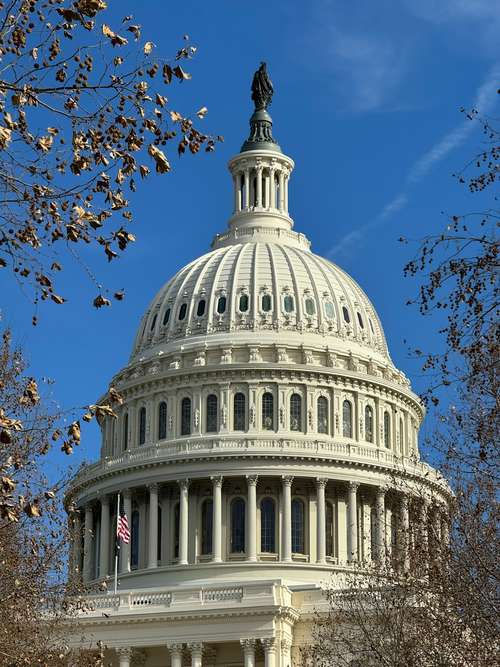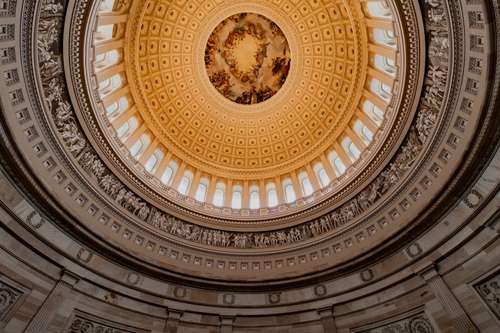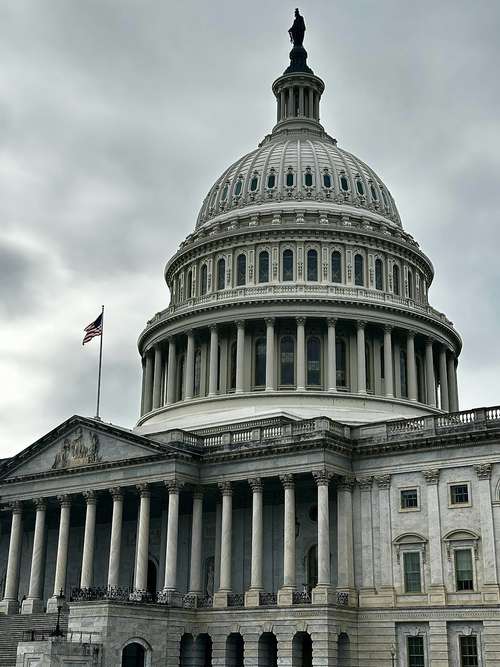When El Salvador declared Bitcoin as legal tender in September 2021, the world was stunned. Skeptics warned of financial disaster, while enthusiasts hailed it as a revolutionary step into the future.
Fast forward to December 2024, and El Salvador's bold strategy has reached a historic Bitcoin milestone: 6,000 Bitcoin in its reserves. Under the leadership of President Nayib Bukele, the country has demonstrated that a carefully planned Bitcoin accumulation strategy can yield remarkable results.
Strategic Accumulation: The Nayib Bukele Bitcoin Strategy
Unlike countries like the U.S. or U.K., whose Bitcoin holdings often come from seized assets, El Salvador has been actively purchasing Bitcoin. President Nayib Bukele's Bitcoin strategy revolves around a simple but consistent principle: buy Bitcoin daily, regardless of market conditions.
The most recent addition to the portfolio was made on December 29, 2024, when El Salvador purchased one Bitcoin for $94,702, bringing its total holdings to 6,000.77 BTC. This consistent acquisition strategy has involved buying one Bitcoin daily, with occasional larger purchases. For example, on December 20 and December 22, El Salvador added 11 BTC on each of those days, coinciding with a $1.4 billion loan agreement with the International Monetary Fund (IMF).
By purchasing at an average price of $45,465 per Bitcoin, El Salvador’s investments have grown significantly. Today, the country’s Bitcoin holdings are valued at approximately $570 million, a $344 million unrealized profit.
This systematic accumulation has not only turned skeptics into believers but also positioned El Salvador as the sixth-largest government holder of Bitcoin globally, alongside nations like the U.S., Bhutan, and the U.K.
A Milestone Amid Global Bitcoin Adoption Trends
Reaching the 6,000 Bitcoin milestone highlights El Salvador’s growing influence in the global cryptocurrency space. While many governments remain cautious about Bitcoin, El Salvador has fully embraced it, with Bukele positioning the country as a leader in the emerging crypto economy.
The adoption of Bitcoin has also spurred global interest in state-level cryptocurrency strategies. Analysts predict that by 2025, at least five other nations may follow El Salvador’s example, motivated by the potential for diversification, trade settlement, and strategic competition. Notably, states like Florida and Pennsylvania in the U.S. are exploring similar initiatives.
Despite initial resistance from institutions like the IMF, which required El Salvador to make Bitcoin adoption by businesses voluntary, Bukele’s government has remained steadfast. The country’s resilience is evident in its actions—such as doubling down on Bitcoin purchases even after reaching agreements to scale back.
This boldness has proven fruitful, as the cryptocurrency’s value continues to climb. At the time of writing, Bitcoin trades at $95,030, and analysts project it could reach as high as $150,000 by 2025.
Looking Ahead
El Salvador’s consistent approach has already yielded significant returns, but the long-term potential is even greater. As Bitcoin adoption gains momentum worldwide, El Salvador’s foresight may serve as a blueprint for other nations looking to diversify their reserves and hedge against traditional economic challenges.




